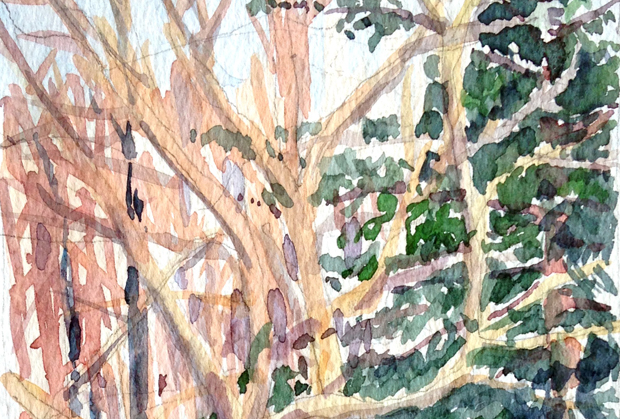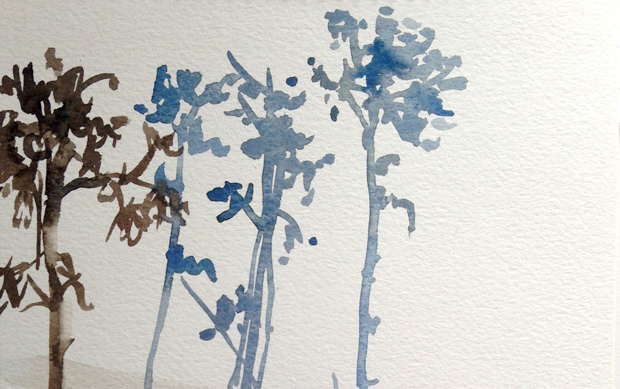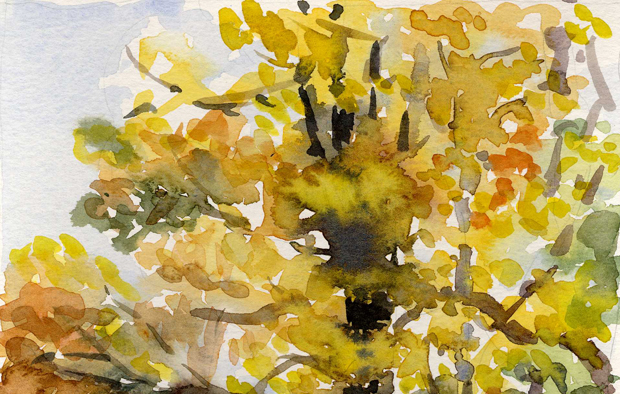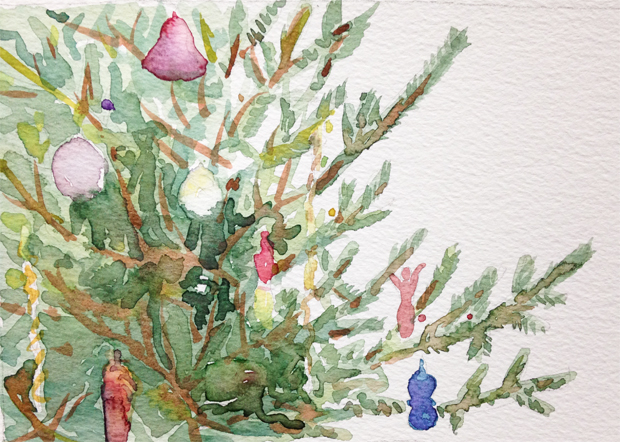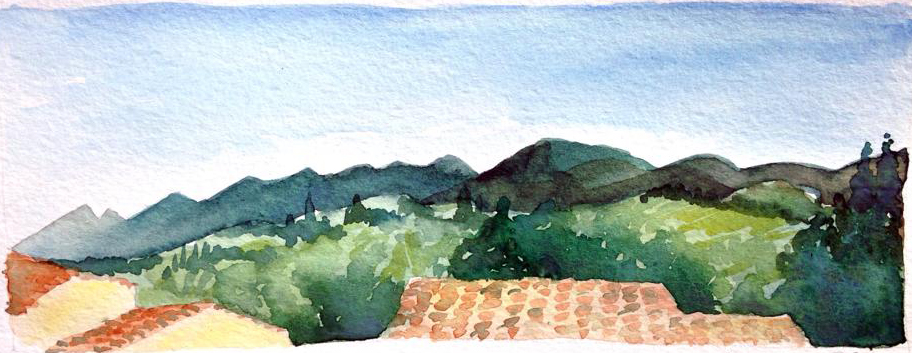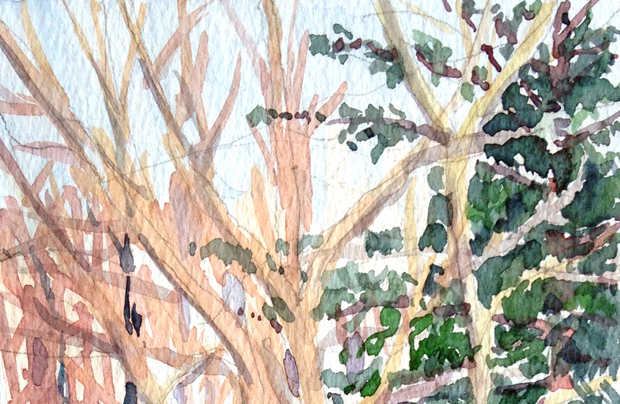 “Don’t forget to let it do its work on you.” These words were spoken by a retreat leader in response to my telling him I was eager to get back to work on my novel after the inspiring experiences of the week. It was a beautiful piece of advice, one that I knew immediately to be true on many levels. I was reminded of it again yesterday, reading Steven Pressfield’s blog post on how he healed his self-doubt by working for two years on a book about Alexander the Great, arguably the most confident man in history, one who knew and embraced his destiny even as a child.
“Don’t forget to let it do its work on you.” These words were spoken by a retreat leader in response to my telling him I was eager to get back to work on my novel after the inspiring experiences of the week. It was a beautiful piece of advice, one that I knew immediately to be true on many levels. I was reminded of it again yesterday, reading Steven Pressfield’s blog post on how he healed his self-doubt by working for two years on a book about Alexander the Great, arguably the most confident man in history, one who knew and embraced his destiny even as a child.
Pressfield’s advice on overcoming Resistance in his book The War of Art, fueled me through my novel’s first draft, so I tend to listen to him. His point in yesterday’s post is that the muse gave him the Alexander the Great assignment for his own good, and that all art is a soul contract. What that says to me is: don’t question the inspiration too analytically, just answer the call, put in your best work, and let it do its work on you. Continue reading

